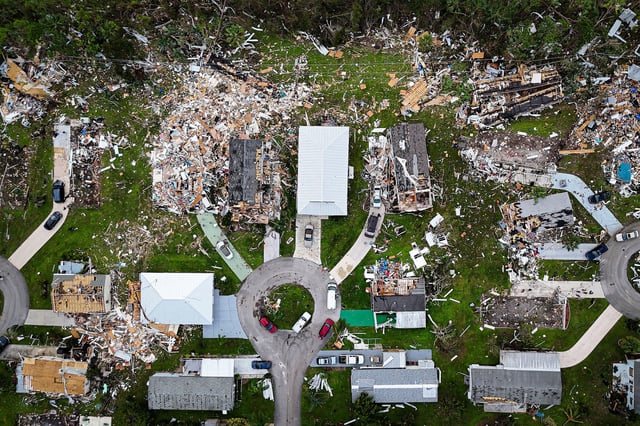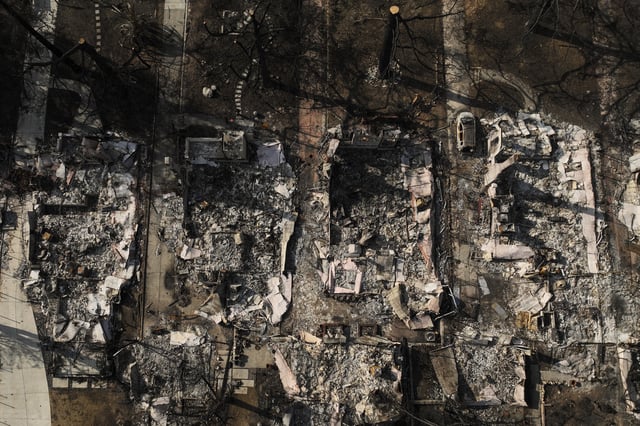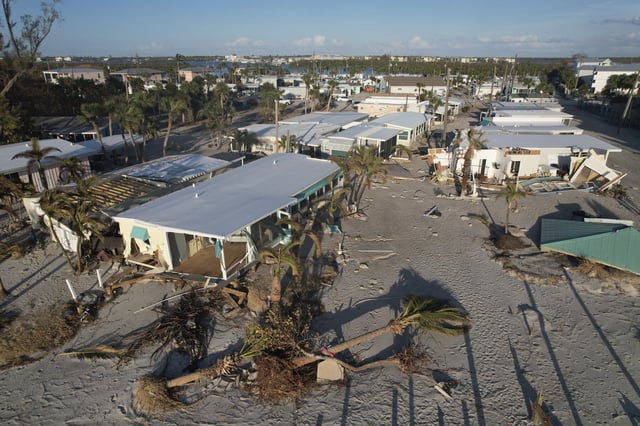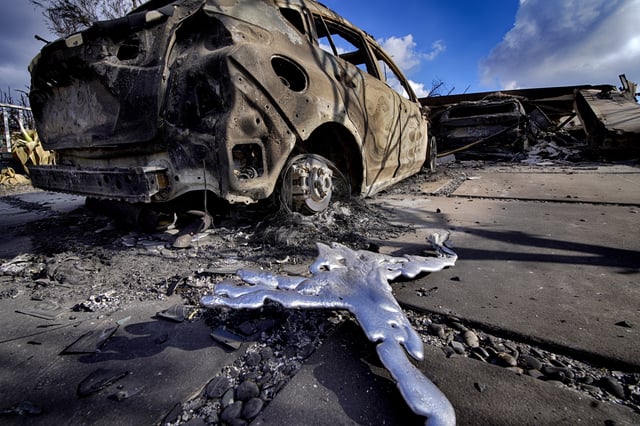Overview
- NOAA announced it will no longer update its Billion-Dollar Weather and Climate Disasters database after 2024, citing staffing changes and shifting priorities.
- The Trump administration's FY2026 budget proposal includes a $1.5 billion reduction to NOAA funding, targeting climate research and satellite programs.
- Layoffs and early retirements have reduced NOAA's workforce by over 10%, straining its ability to deliver accurate weather forecasts and severe storm warnings.
- Experts warn that the loss of the database, which relied on proprietary data, will hinder research, insurance assessments, and understanding of climate change impacts.
- Former NWS directors caution that staffing shortages could force forecast offices to operate part-time, increasing risks to public safety during extreme weather events.



